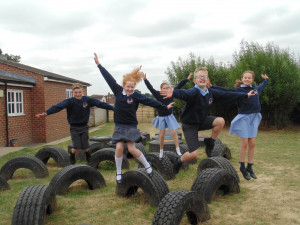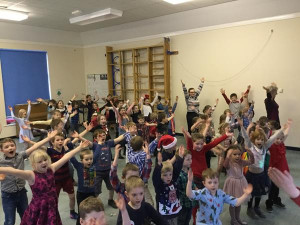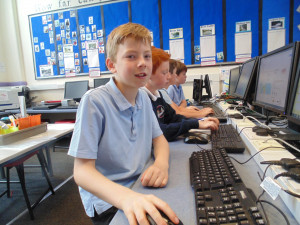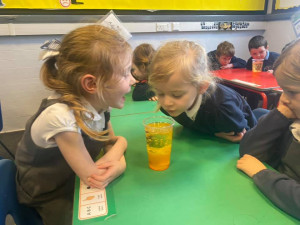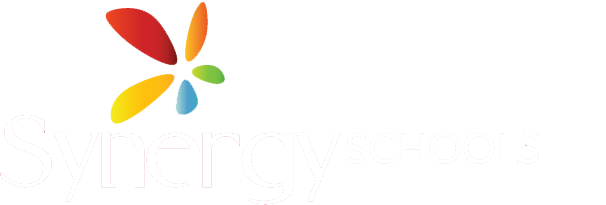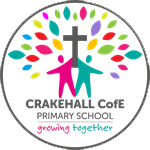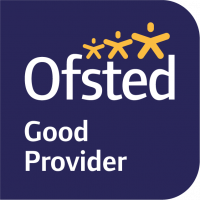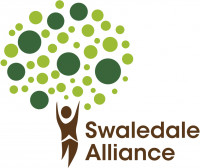Questions Answered
There are many different aspects to our curriculum. The following questions and answers aim to provide some further context. Please don’t hesitate to ask if you have any questions!
Why is reading so important?
Reading is our number 1 priority! We challenge ourselves to make sure that every child who attends our school can read by the time they leave Year 1. Reading is essential. If you can’t read, it’s life-limiting! Evidence suggests that children who read for enjoyment every day not only perform better in reading tests than those who don’t, but also develop a broader vocabulary, increased general knowledge and a better understanding of other cultures.
In fact, reading for pleasure is more likely to determine whether a child does well at school than their social or economic background. It’s the most important skill that we can teach children in school.
Teaching reading doesn’t finish at the end of Year 1 – we want to turn all children into really fluent readers who enjoy reading. Therefore, reading is prioritised right through the school.
How does learning build knowledgeable learners?
Each subject has a ‘Knowledge Progression’ which ensures that learning is built upon through key components (small steps of learning), year on year and children keep on learning, whether that be in English, Art, PE or French, for example. The knowledge progression is based on the thinking and theory from the educational psychologist Benjamin Bloom. You can view our knowledge progression sheets on the individual subject pages within this section of the website.
How does the curriculum all link together?
We have a ‘Context Plan’ that provides our teachers with a clear structure, so they know what to teach, and in which academic year. It’s our ‘curriculum Bible’! Through our context plan we hope to achieve composites of learning- the outcomes brought about by practising the key components through the knowledge progression. You can view a copy of this simple document here.
It is each teachers’ job to ensure that they cover all the content of our curriculum by the end of each academic year.
How do we try to ensure that learners remember what they’ve been taught?
It’s really important that we help children to try to remember what they’ve been taught or we’re all wasting our time and learning becomes irrelevant and very frustrating for everyone! In some areas of the curriculum such as phonics and maths, we follow a clear framework for teaching that allows for spaced repetition in order to aid long term memory. We use a range of strategies and resources, such as:
· Daily Flashback 4 maths activities
· Little Wandle Phonics teaching resources (following the prescriptive planning for teaching)
· Regular engagement in Times Table Rock Stars and Numbots (KS1)
· Working displays in the classroom where key knowledge is referred to and built upon
In all subjects we ensure that teachers engage with effective retrieval practice to support their learning. A range of strategies are used, for example:
· Mini quizzes
· Chunking information
· Writing notes
· Making connections with other learning
· Use of rhymes and songs
· Encouraging active learning
· Making learning exciting
Why do we use technology to support the curriculum so much?
Technology is a massive part of life in the 21st Century. It’s virtually impossible to think of a job that doesn’t use some form of technology. Therefore, it’s essential that our curriculum helps our children prepare for the next step in their education but also helps them to consider how they can use it positively in their own lives.
We regularly teach e-safety through our Computing and PSHE curricula – a very important aspect. Our school Internet connection is effectively filtered and any device that leaves the school also has access to our cloud-based filtering facilities.
There’s also an opportunity for our families to lease their own laptop from the school for the time that their child is with us in school. This allows them to bring their laptop
into school every day and use it in lessons as required, as well as to help them with their learning at home.
